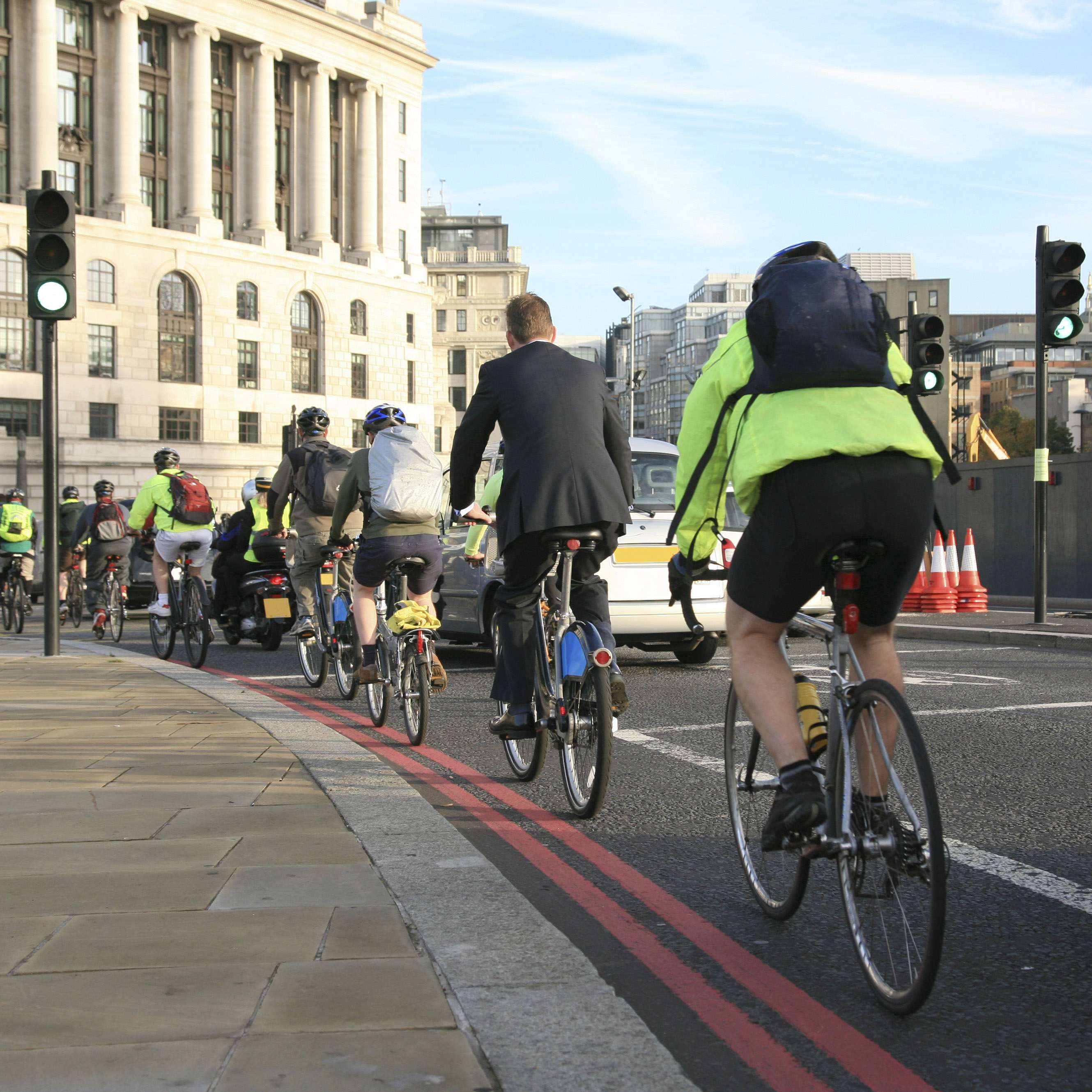
News & Blog
Home Latest News News & Blog How Cycling is Transforming Cities: The Environmental, Economic, and Social Benefits

Cities around the world are increasingly embracing cycling as a key part of their transportation infrastructure, and this shift is bringing about significant environmental, economic, and social changes. As urban populations grow and cities become more congested, cycling is proving to be a sustainable, cost-effective, and inclusive mode of transportation. In this article, we’ll explore the many benefits of cycling and how it’s reshaping the way we live in cities.
1. Environmental Benefits of Cycling
Cities are facing significant environmental challenges, from rising pollution levels to climate change. Cycling offers a simple, efficient, and eco-friendly solution to reduce the carbon footprint of urban areas.
- Reduction in Greenhouse Gas Emissions: Cycling produces zero emissions, helping to lower the overall carbon footprint of cities. By replacing car trips with bike rides, cities can significantly reduce their greenhouse gas emissions.
- Improved Air Quality: Less car traffic means fewer exhaust fumes, contributing to better air quality. This leads to improved public health by reducing respiratory problems and other pollution-related illnesses.
- Sustainable Urban Mobility: As cities prioritise cycling infrastructure (bike lanes, bike-sharing programs, etc.), they support a sustainable form of transportation that doesn’t rely on fossil fuels, making them more resilient to the effects of climate change.
2. Economic Benefits of Cycling
Cycling doesn’t just benefit the environment – it also has a positive impact on the economy. The economic advantages of a bike-friendly city extend from individual savings to broader community gains.
- Cost Savings for Individuals: Cycling eliminates the need for expensive car ownership costs, including gas, insurance, parking fees, and maintenance. In fact, cycling is one of the most affordable transportation options available, especially for lower-income communities.
- Boosting Local Economies: Cycling encourages spending in local businesses, as people on bikes are more likely to shop locally and visit neighborhood stores. The presence of bike lanes and bike-sharing stations can also attract tourists and visitors, further boosting local economies.
- Job Creation: With the growth of the cycling infrastructure and the bike industry, there is an increase in job opportunities, from bike shop employees to urban planners designing bike-friendly streets. Cities that invest in cycling infrastructure also attract businesses that align with sustainable practices.
3. Social Benefits of Cycling
Beyond its environmental and economic benefits, cycling is also creating a more connected and vibrant society. The social advantages of cycling extend to health improvements, better mobility, and enhanced community engagement.
- Improved Public Health: Cycling is a great way to stay fit and healthy. Regular cycling reduces the risk of chronic conditions like heart disease, diabetes, and obesity. Furthermore, cycling in urban environments promotes active lifestyles and can improve mental health by reducing stress.
- Increased Mobility and Accessibility: Cycling provides a flexible, affordable mode of transport, making it easier for people to get around cities without relying on cars. This is especially valuable in areas where public transportation might be limited or expensive.
- Community Building and Social Interaction: Cycling encourages social interaction and community engagement. Cyclists often gather at events, participate in group rides, or meet for bike-related activities, fostering a sense of community and making cities feel more inclusive and connected.
4. The Future of Cycling in Cities
As cities continue to evolve, the role of cycling in urban transportation systems will only become more significant. Many cities are already expanding their cycling infrastructure, creating dedicated bike lanes, building bike-share programs, and implementing policies to encourage more people to cycle.
- Innovation in Bike Technology: With the rise of electric bikes (e-bikes), cycling is becoming even more accessible. E-bikes provide an additional option for those who may find traditional cycling challenging, such as older adults or those with mobility issues.
- Integration with Other Forms of Transport: Future cities are likely to integrate cycling with other modes of sustainable transport, like buses and trains, allowing for seamless multi-modal travel. With the help of technology, such as bike-sharing apps, people can easily transition between different transport options to get where they need to go.
Cycling is transforming cities in ways that go beyond just getting people from one place to another. By reducing carbon emissions, stimulating local economies, and improving public health, cycling is reshaping the urban landscape. As more cities embrace cycling as a primary mode of transport, the future looks bright for both the environment and the people who live in these urban spaces. Cycling offers a sustainable, affordable, and enjoyable way to move around, making it an essential part of the modern urban environment.
Our customer services team are on hand to offer product guidance and technical support.
Subscribe to our Monthly ‘e-News’ Newsletter: Stay up to date with new product releases, company news and special offers by subscribing to our monthly ‘e-News’ newsletter.

